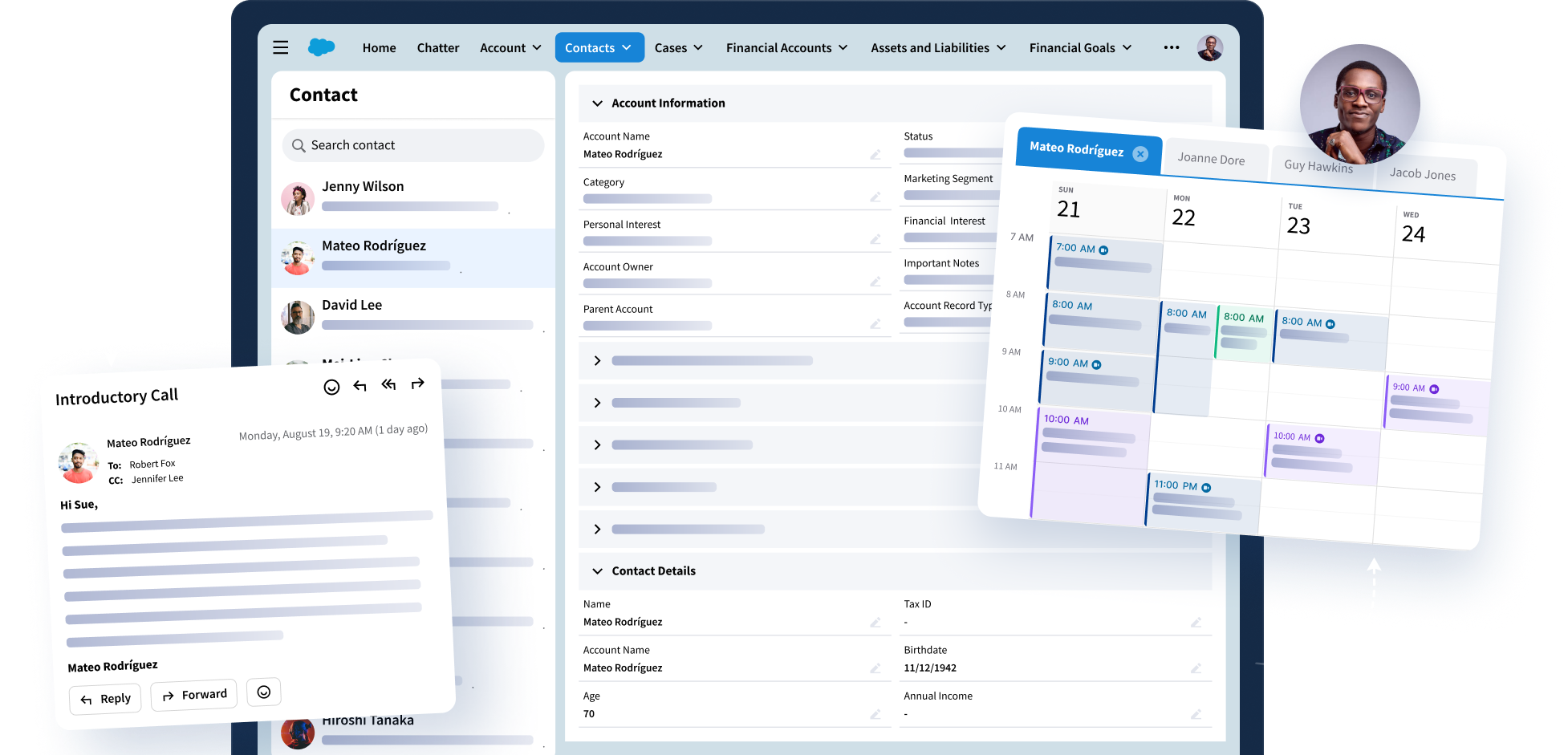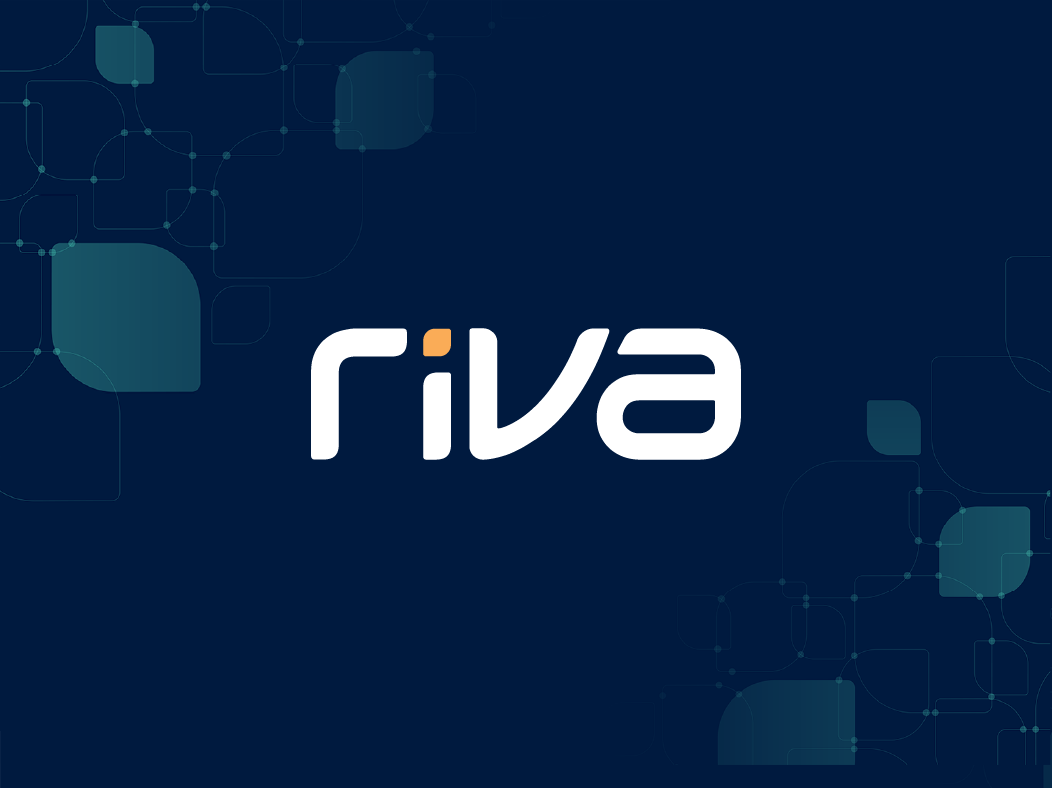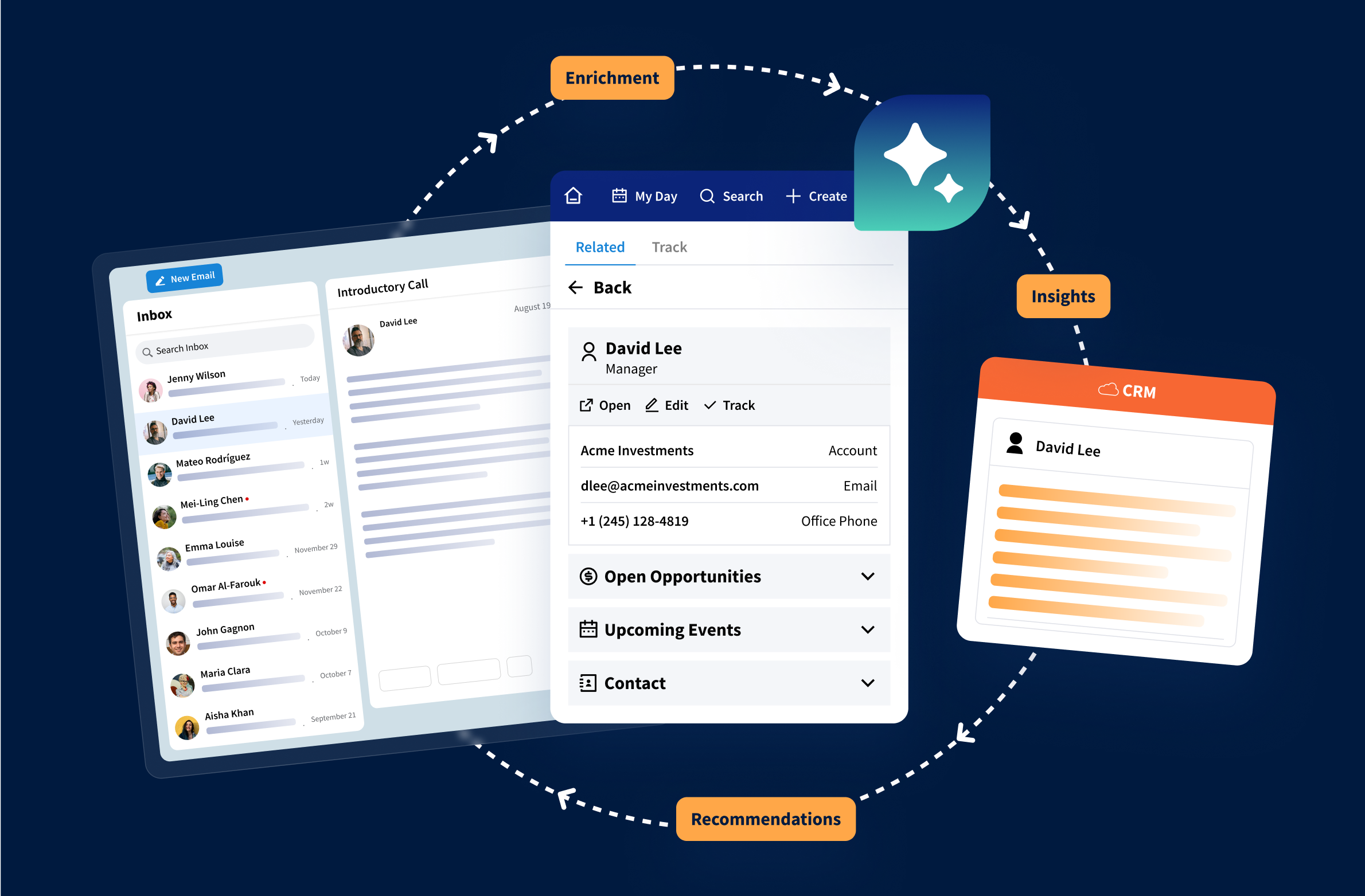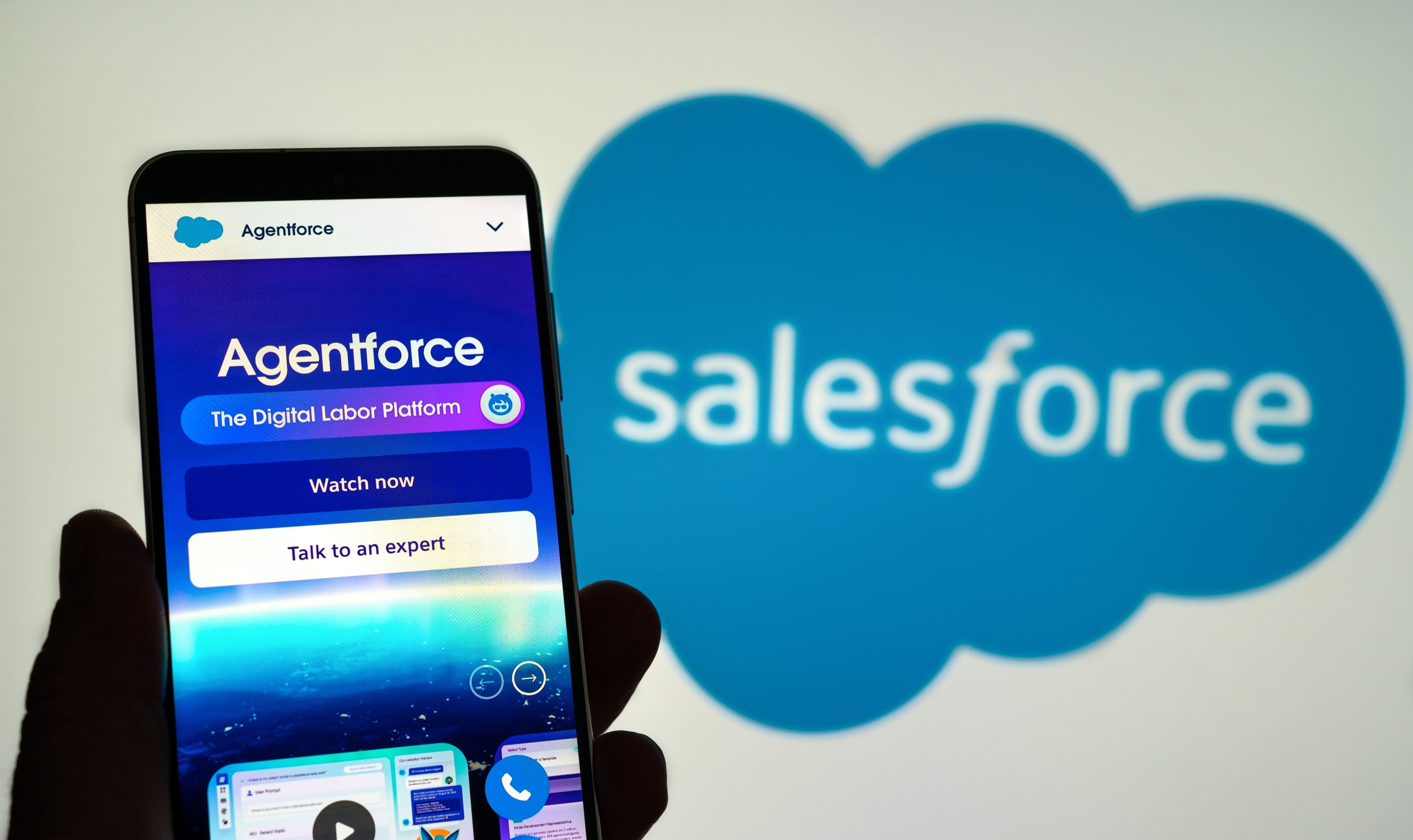Turn Insight Into Action With Riva
Practical articles and product education that help your team work smarter with Riva.
Introducing the New Riva
Einstein Activity Capture in Salesforce: Benefits, Limits & Alternatives
Read More
How to Build a Sales Cadence in 2025: Examples and Best Practices
Read More
Digital Transformation in Banking: Trends, Challenges, and Future Insights
Read More
Salesforce Outlook Plugin is Being Retired: Alternatives and Replacements
Read More
5 Ways to Improve Digital Employee Experience—and Amplify Advisor and Sales Engagement
Read More
4 Ways Relationship Intelligence Fuels Advisor and Sales Engagement
Read More
Compliance with Regulations: Five Data Stewardship Rules to Preserve Peace of Mind
Read More
7 Key Takeaways from ‘Enterprise Rev Ops: Challenges & Data Needs in an AI World’ at Dreamforce 2023 Hosted by Riva
Read More
Riva’s Total Economic Impact™: A Commissioned Study by Forrester Consulting
Read More
Stay in the Loop
Subscribe to receive curated resources, updates, and exclusive invites — straight to your inbox.
Unlock Client Data. Elevate Client Experiences.






















